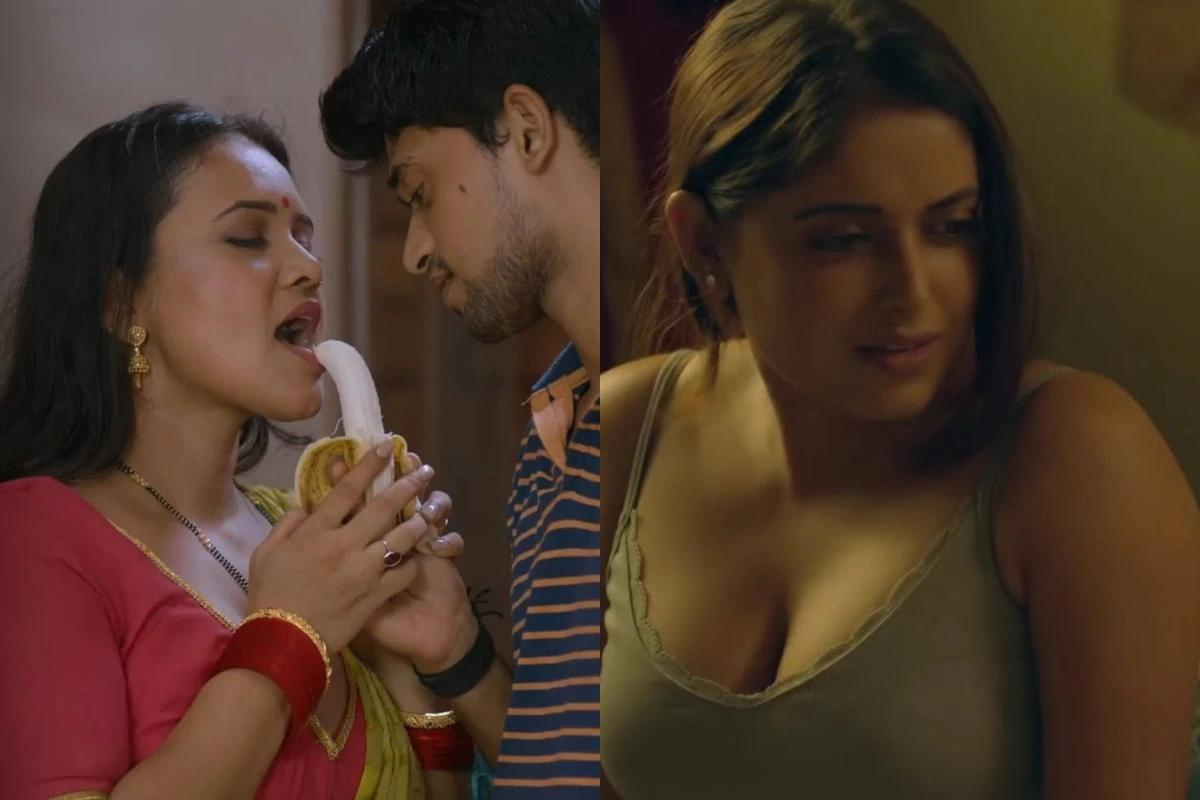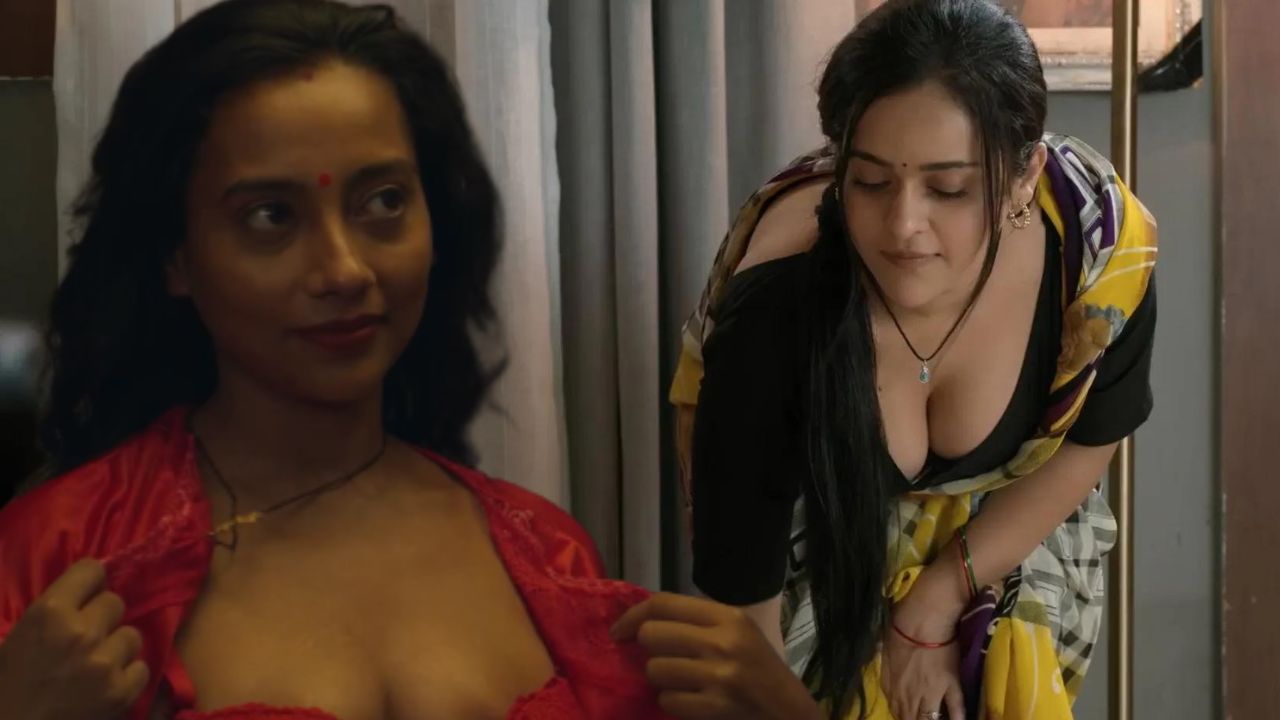Are we truly free in our digital consumption, or are we subtly being steered toward specific content? The answer, unequivocally, is that the algorithms know us better than we know ourselves, and they curate our online experiences accordingly. This is particularly evident in the realm of online entertainment, where the promise of unlimited choice often masks a carefully constructed ecosystem of suggestion and promotion.
The digital landscape is awash with content, vying for our attention. Within this maelstrom, certain platforms and genres rise to prominence, often fueled by a combination of marketing, algorithmic amplification, and the ever-present human desire for novelty and titillation. The 'ullu web series' phenomenon, particularly within the Indian context, is a case study in how these forces coalesce to create a potent, and sometimes controversial, form of entertainment. The term 'ullu,' often associated with a specific over-the-top (OTT) platform, has become shorthand for a particular brand of racy, dramatic, and often sensationalized content. These series, frequently featuring themes of infidelity, family drama, and illicit relationships, have carved out a significant niche audience, despite, or perhaps because of, their explicit nature.
| Category | OTT Platform Content Analysis |
|---|---|
| Platform Focus | Ullu |
| Genre Characteristics | Adult, Drama, Romance, Thriller |
| Geographic Focus | India, Hindi-speaking audience |
| Key Themes | Infidelity, Family Drama, Sensationalism, Relationships |
| Content Examples | Palang Tod, Gandi Baat, Charmsukh |
| Target Audience | Adults seeking racy content |
| Content Format | Web series, short films |
| Distribution Method | Subscription-based OTT platform |
| Controversies | Explicit content, potential objectification, moral concerns |
| Reference Website | Ullu Official Website |


